Each year, there are thousands of search-and-rescue incidents logged across the National Park System. They typically involve missing hikers, visitors who get injured in falls, boating accidents, or climbing accidents.
The Intermountain Region of the National Park Service – a large swath that runs from northern Montana to the Rio Grande River in Texas -- is the largest in the agency, and is home to many of the most beautiful, and dangerous, national parks. Yellowstone has boiling waters and grizzly bears, Grand Canyon has that deep canyon, and Rocky Mountain has alluring, and rugged, backcountry.
To learn more about search and rescue in general, and searches at Rocky Mountain National Park, we’ve reached out to Kyle Patterson, the park’s spokesperson, and Mike Lukens, a climbing ranger who often leads rescue missions in the park.

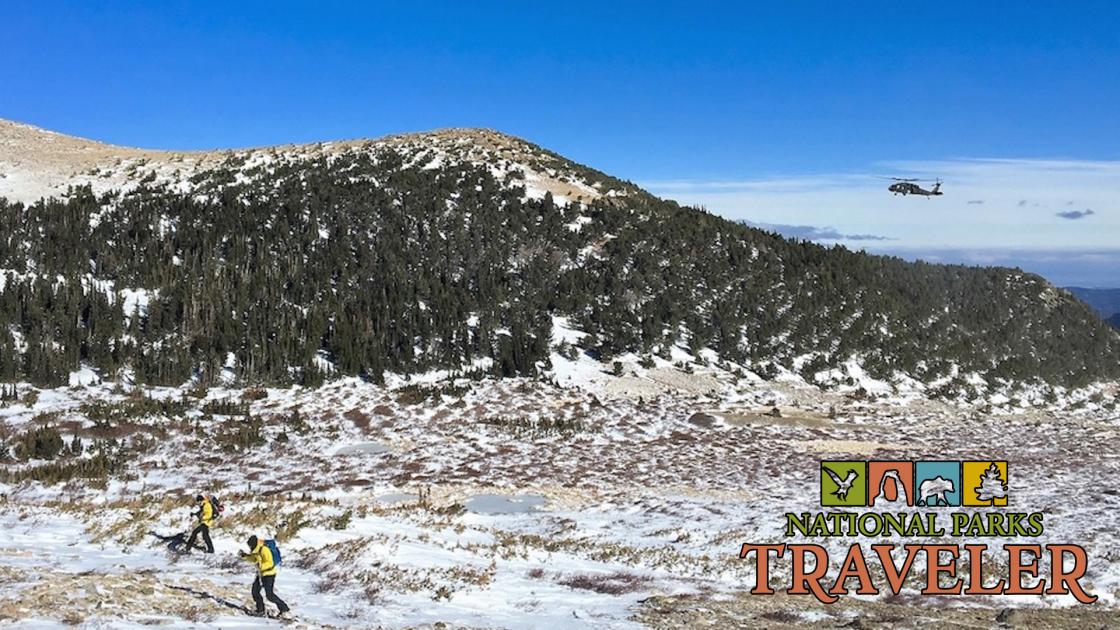
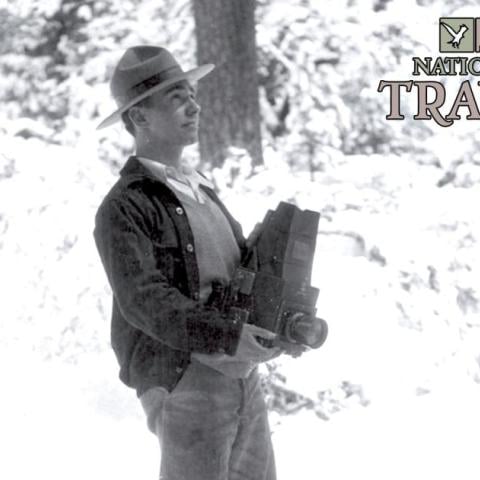
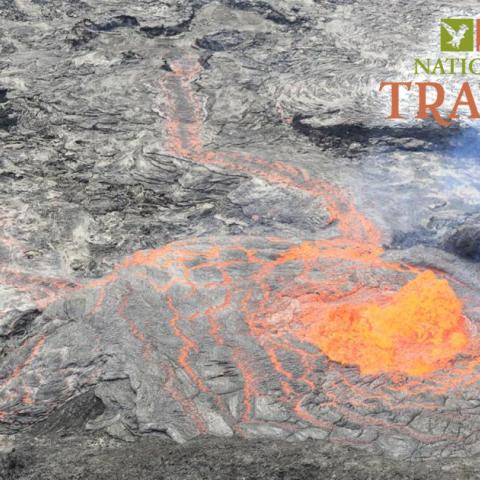
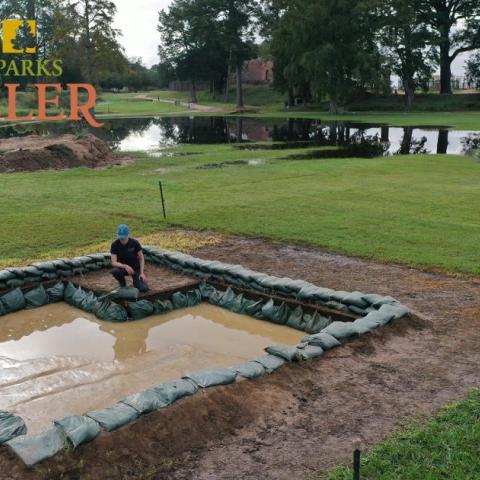
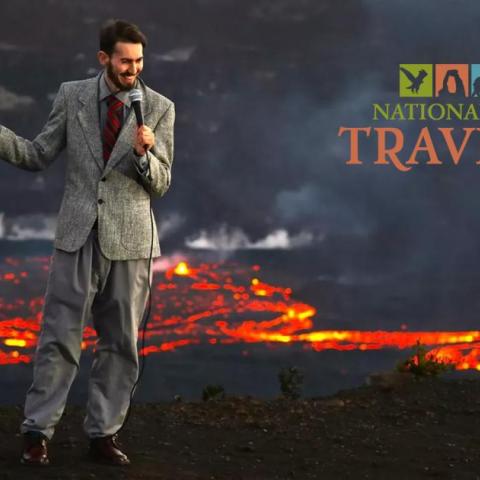






Comments
Per your last question, as a once frequent and sometimes spontaneous solo backcountry traveler I often thought how nice it would be if I could leave a trip plan at a ranger station before venturing out. Cell service isn't always the best to be able to notify people upon your return and if you do leave it with someone else you are adding another layer of communication which always increases the potential for miscommunication. I am all for personal responsibility but having the option to leave a standardized trip plan with a return no later than date along with other info to help SAR if needed I think would be a great idea. I also get the reluctance for the park service to take on that responsibility and the other problems that might create.
Wilderness camping permits are required at Rocky Mountain NP and other large national parks. The permit includes the itinerary of campsites the visitor(s) intend to use each night (i.e. an itinerary of their intended route), as well as a deccription of their vehicle (to enable rangers to quickly determine if the vehicle is parked at a trailhead) and emergency contact information. "Overnight travel in the wilderness requires a permit." https://www.nps.gov/romo/planyourvisit/wilderness-camping.htm